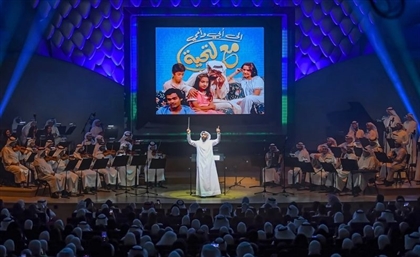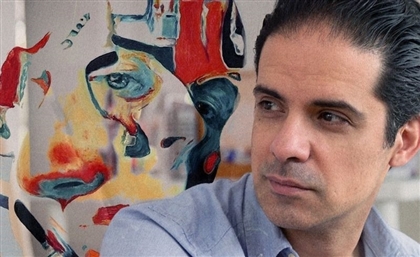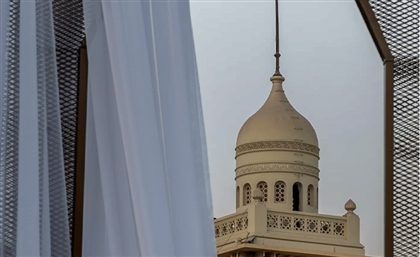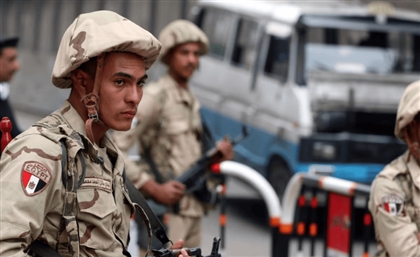NCW Report: 633 Scenes of Violence Against Women in Ramadan 2025 Shows
The report also criticised portrayals of women as weak, opportunistic, or excessively domineering.
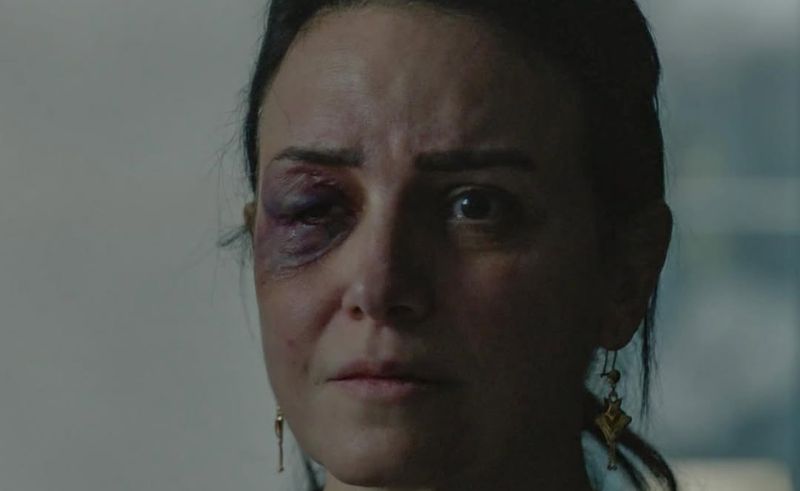
The Egyptian National Council for Women (NCW) has published a report analysing the portrayal of women across 39 Egyptian television series aired during Ramadan 2025. Conducted in collaboration with 238 students, along with researchers and faculty members from various public and private universities, the report offers a comprehensive review of the season’s programming through media monitoring and analysis of press coverage.
Among its findings, the report noted several positive developments. Nineteen series featured female protagonists with equal or more prominent roles than male counterparts. Some shows tackled pressing social issues affecting Egyptian women, such as labour rights in ‘Hesbet Omry’, digital blackmail and unpunished psychological abuse in ‘Kamel El Adad’, and sexual and domestic violence in ‘Lam Shamseya’. These portrayals were generally well-received by viewers. Meanwhile, ‘Seed El Nas’ and ‘El Atawla’ were singled out for criticism due to their depictions of violence.
The report also highlighted an evolving portrayal of stepmothers in Egyptian drama, with more layered and sympathetic representations appearing in series such as ‘Kamel El Adad’ and ‘Alby We Moftaho’.
However, the report flagged several areas of concern. It recorded 633 scenes depicting violence against women—ranging from physical and psychological abuse to digital harassment. Additionally, the NCW noted the prevalence of offensive language, sexual innuendo, and inappropriate content. The report criticised recurring tropes in which women were portrayed as weak, opportunistic, or, conversely, as possessive and domineering figures.
Beyond television series, the report assessed the representation of women in advertising. Of 221 commercials aired during Ramadan, women featured in 202, often cast in roles such as doctors, entrepreneurs, and teachers. The report also monitored the role of women in broadcast media, noting an overall positive presence, despite some violations in programmes such as ‘Ramez Gab Men El Akher’, ‘Crazy Woman’, and ‘Al Arafa’.
In its conclusion, the NCW issued a series of recommendations aimed at encouraging more responsible storytelling. These include promoting balanced representations of women, expanding portrayals to include rural and Bedouin communities, and reducing the use of violence, sexualised content, and offensive language in mainstream media
- Previous Article UAE Secures Seat on UN Commission on Narcotic Drugs
- Next Article Cairo Int’l Airport Records Highest Single-Day Traffic Since 1963
Trending This Week
-
Feb 16, 2026









